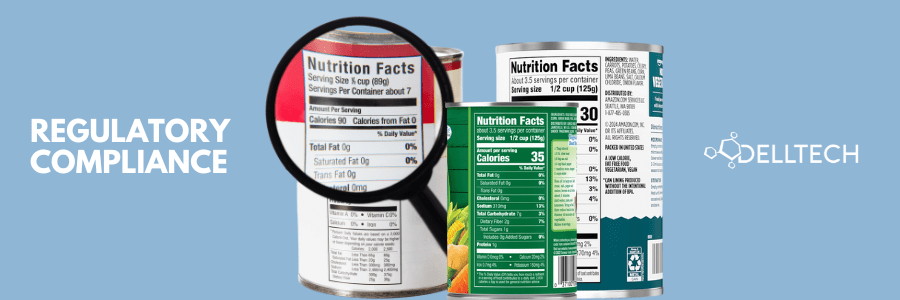By: Ivy Tang, Product Safety Specialist, email
There are a variety of exemptions in the Transport of Dangerous Goods Act and Regulations. The most common one is Limited Quantity (1.17), which exempts the consignor from needing a shipping document, UN-spec packaging, training, etc. This is advantageous for many businesses that ship smaller quantities of product.
Two lesser-known exemptions are the 150kg and 500kg Gross Mass exemptions (1.15 and 1.16 respectively). These can also exempt a consignor from needing a shipping document, safety marks, and much more. In fact, you have probably used the 150kg Gross Mass exemption at least once without knowing it!
The 150kg Gross Mass exemption allows one to be exempt from needing documentation, safety marks, UN-spec packaging, TDG training, and reporting requirements as long as the dangerous goods are on a vehicle or vessel for a domestic voyage, and if their gross mass is equal to or less than 150kg. The dangerous goods in question must also be available to the general public and transported by the user or purchaser. If you have purchased cans of paint or propane tanks for your barbeque and transported them in a car from the store to your home, you have used this exemption. Note that this exemption cannot be used for all types of dangerous goods.
The 500kg Gross Mass exemption is similar, except it only exempts one from needing documentation, placarding on the vehicle, and UN-spec packaging. Note that safety marks are still required on the means of containment. For both the 150 and 500 kg exemptions, each means of containment must weigh less than or equal to 30kg.
For all your TDG questions and consulting needs, contact Dell Tech today.
Contact:
Dell Tech Laboratories
Ivy Tang, B.Sc.
Product Safety Specialist
itang@delltech.com
519-858-5021 ext 2043
Dell Tech has provided professional, confidential consulting services to the chemical specialty
industry in Canada, the USA, Europe, and Asia for the last 40 years.
Contact us today for more information.
www.delltech.com




